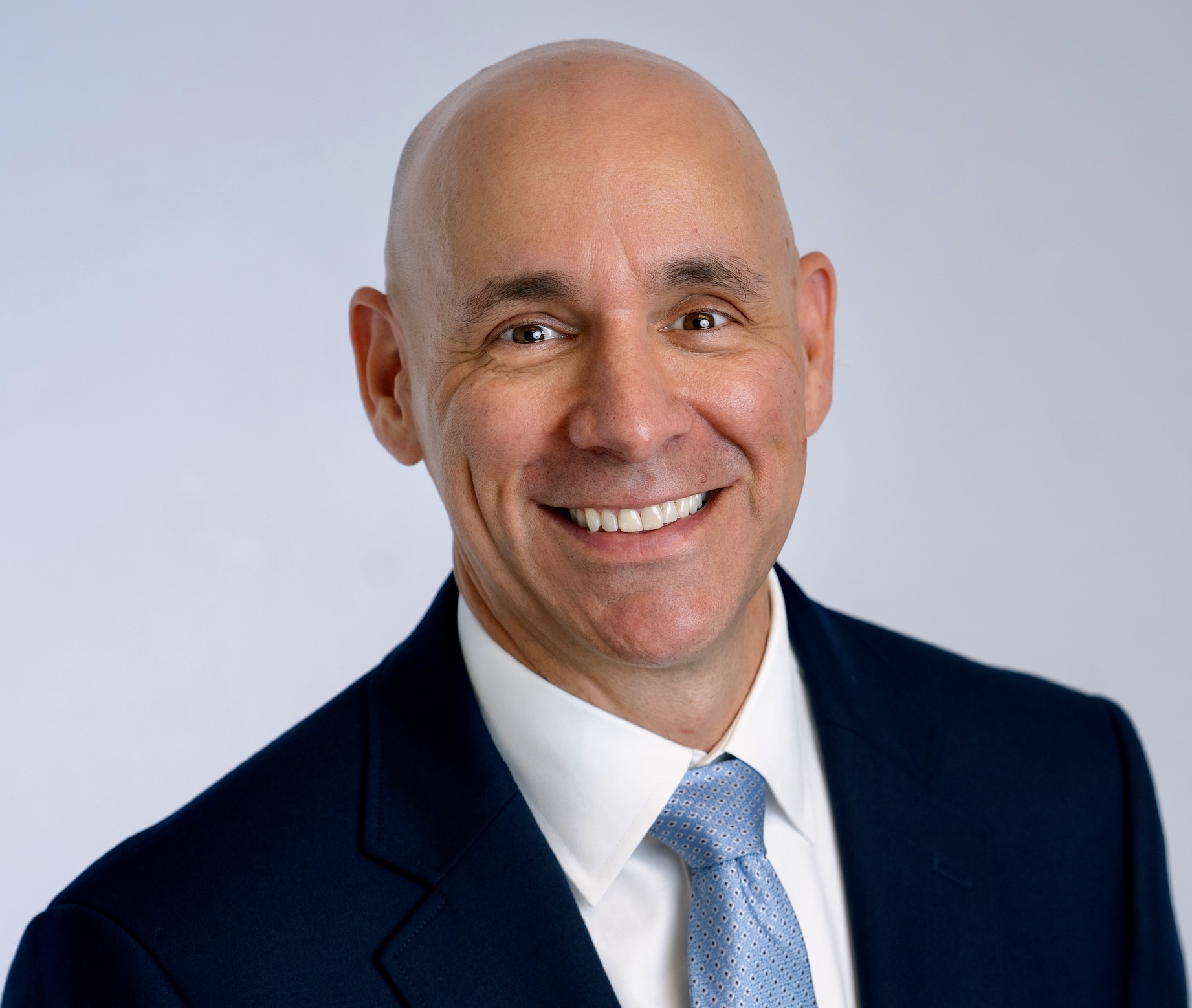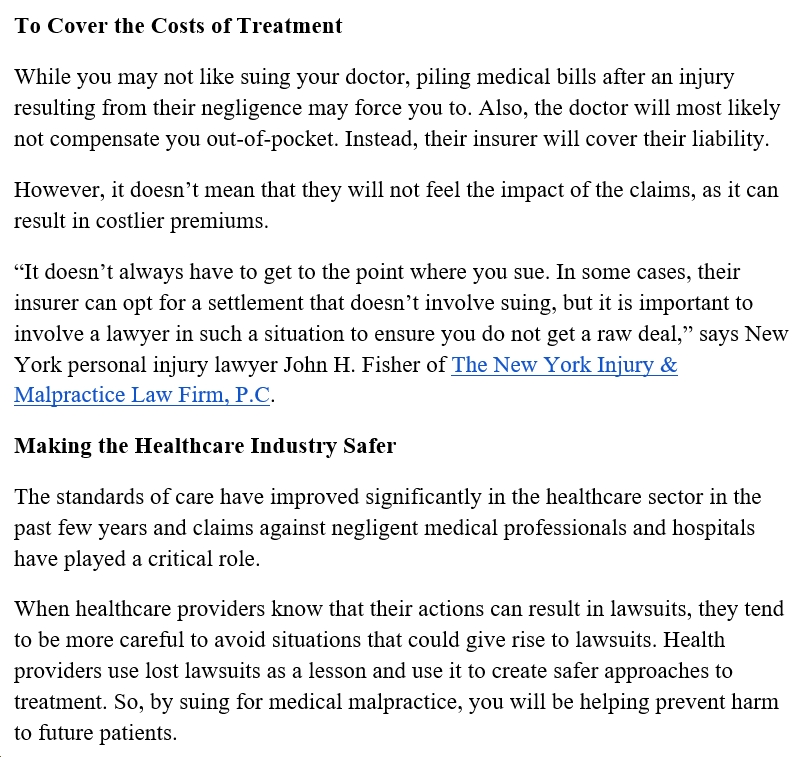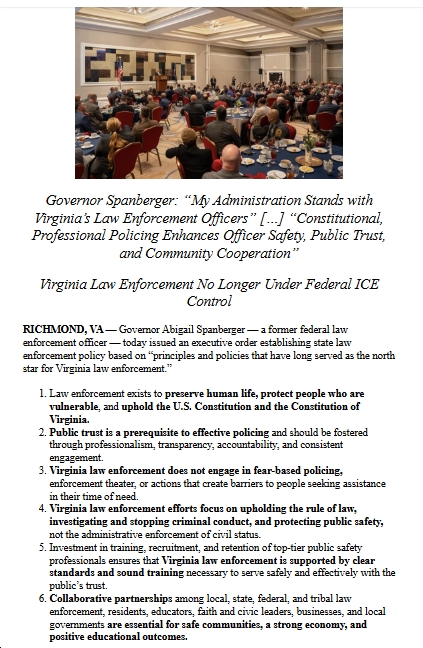SPONSORED CONTENT
For years, prosecutors across different states and counties have had immense discretion in the cases they prosecute, and those they do not. Until recently, prosecutors did not use that discretion very much and instead chased just about every case that came across their desk. Now though, there is a real focus on criminal justice reform in Texas and across the country. It is making prosecutors reconsider the cases they pursue and gives hope to those charged with non-violent crimes.
Dallas County District Attorney John Creuzot stirred up controversy in May when he announced he would no longer prosecute those charged with non-violent crimes. First-time marijuana offenses will no longer be prosecuted in the county, and Creuzot has also added minor theft crimes to the list. Not all theft crimes would be immune from prosecution. Creuzot has stated he will only stop prosecuting theft crimes that are under the $750 threshold for a Class B misdemeanor, and only if the theft was done out of necessity.
“These are great strides prosecutors around Texas, and the entire country, need to be practicing,” says Stephen Hamilton of Hamilton Grant PC. “District attorneys must understand that throwing these people in jail is not helping them. If they do not receive the proper help and are in the same bad situation when they get out of jail, they are more likely to re-offend. It is just a vicious cycle with no one reaching out to help those in need.”
It is a position many in the criminal justice system across the country have taken. Nonetheless, the decision is not sitting well in Dallas County. The Combined Law Enforcement Associations of Texas have already called on Creuzot to step down. Governor Greg Abbott made his disapproval known on Twitter, and Attorney General Ken Paxton has reminded Creuzot about his position, and that he is not a lawmaker.
Still, district attorneys have always had the ability to use their own discretion in the cases they take. Why now, when there is such a focus on helping others and providing rehabilitation for those charged with non-violent crimes, do people want to take that away?


















